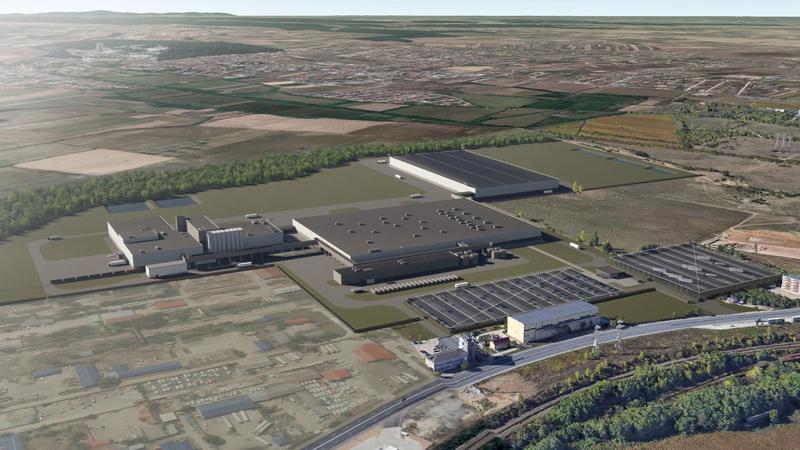The problem of the difference between the price at the producer and the price paid by the consumer reached a level where European institution are required to step in and launch an immediate action, the latest report of the European Parliament's Agriculture and Rural Development Commission says. The bread for example, costs 30 time more in the supermarket, compared to the price at the producer.
The reasons for the difference between the prices at the producers and the retail prices include the increased involvement of intermediaries, the speculations with food products and the constant growth of non-agriculture costs (labor force, energy etc.).
"Across the EU 15, the degree of concentration has grown from an average 21.7% in 1993 to more than 70% at present. Evidence suggests big supermarkets are abusing their buying power to force down prices paid to suppliers (based both within the EU and overseas) to unsustainable levels and impose unfair conditions upon them. Large retailers across Europe are steadily becoming ‘gatekeepers’, controlling farmers’ and other suppliers’ access to EU consumers", the report reads.
"At the same time, the final consumer price in Europe is in the range of one to five times that at the farm gate. Farmers in Europe received approximately half of the retail price of food fifty years ago. Today that proportion has dropped to much lower percentages, such as 7% in the UK and 18% in France on average. In the case of bread, the farm-gate retail spread can be as high as 30 times the farm gate price, with farmers receiving in general around 8% of the final retail price", the same report reads.
Click here to read the entire report.



















